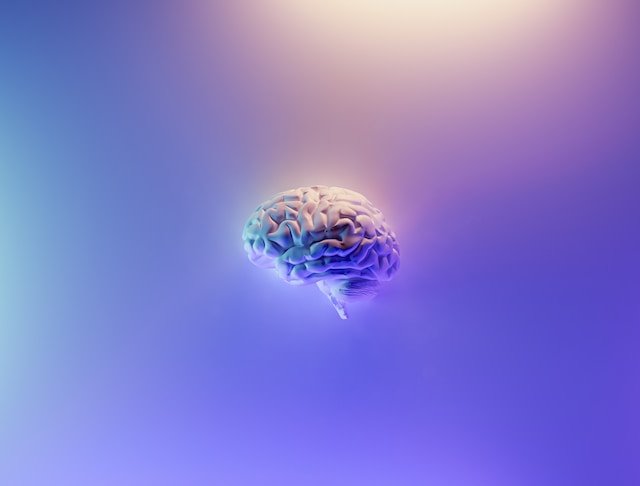What's Happening in the Brain When You Experience Anxiety?
You can experience sustained anxiety in your life but do not know why. In an ideal scenario, anxiety serves to warn us of potentially risky situations. However, there are times when our bodies kick into survival mode even when no valid reason exists. Left unaddressed, this tendency can place you on the road to an anxiety disorder. That sense of feeling anxious becomes an impediment in your daily life.
If you’ve reached this point, it makes sense to wonder what’s happening in your anxiety? Why do you feel perpetually on edge? Answering questions like this goes a long way in healing.
What's Happening in the Brain When You Experience Anxiety?
Anxiety is driven by several regions of your brain. You might call it a fear network made up of two broad categories. The emotional centers include the amygdala. The cognitive region is dominated by the frontal lobe. Ideally, these areas work in concert. But when the amygdala gains control, it’s a lot harder to view the world in a logical manner. When this happens, your brain can undergo some changes.
How Chronic Stress and Anxiety Change Your Brain
Moderate, tolerable stress levels can have a positive effect. For example, you may discover that you can pay attention more closely and for a longer time. This would explain athletes who come through in clutch moments. But if your stress is not well-managed, the benefits of a little stress transition into the dangers of ongoing anxiety. Your brain will pay a price, e.g.:
Structural Changes
Two other parts of the brain’s balancing act are gray and white matter. Gray helps with problem-solving. White helps with the communication of information. In the presence of sustained anxiety, white matter can overtake gray matter in volume. So, more communication is happening in your brain but most of it is not ruled by rational decision-making. At the same time, a white matter-gray matter imbalance is shown to increase the likelihood of developing a mental illness.
Fewer Brain Cells
The hippocampus is yet another part of the brain changed by stress. It’s one of the two locations in which neurons are produced. But, in times of high anxiety, those neurons tend to die off far too quickly.
Memory Problems
Did you ever notice that you tend to forget where your keys are precisely when you’re stressfully rushing to get to work on time? Anxiety impairs your memory. This could be because anxiety triggers the release of stress hormones like cortisol. This puts your body into survival mode and thus, less worried about remembering small, short-term details. If anxiety is not relieved and is allowed to become ongoing, your memory problems tend to become long-lasting.
Don’t Get Anxious Worrying About Anxiety
Some of the above information could hit too close to home. It has the potential to launch you into more anxiety as you imagine what anxiety is doing to your brain. Instead of that, you can take solace in the reality that anxiety disorders are the most common mental health issues on the planet. This not only means you’re not alone. It also provides the comfort of recognizing the many therapeutic approaches designed to manage this problem. Relief can begin arriving through your commitment to daily self-care, engaging in basics like:
Regular sleep patterns
Healthy eating choices
Daily exercise and physical activity
Relaxation techniques and stress management
The primary step, though, is connecting with an experienced professional to directly address the anxious cycles. Therapy is a proven path toward healing and recovery. That’s why I’m inviting you to reach out to set up a free and confidential consultation. Let’s get you moving in a new direction with anxiety treatment.
